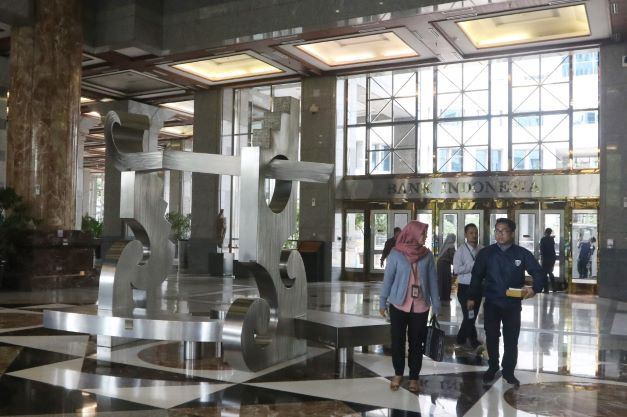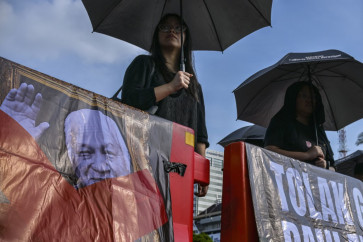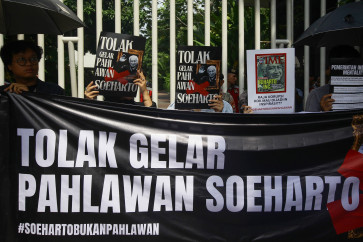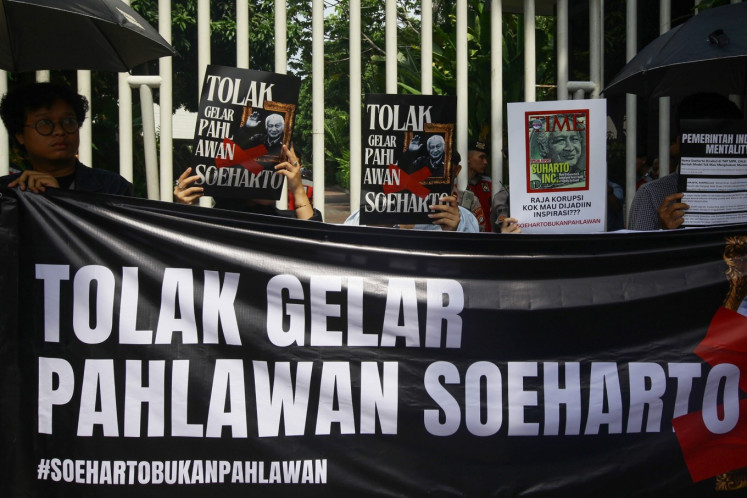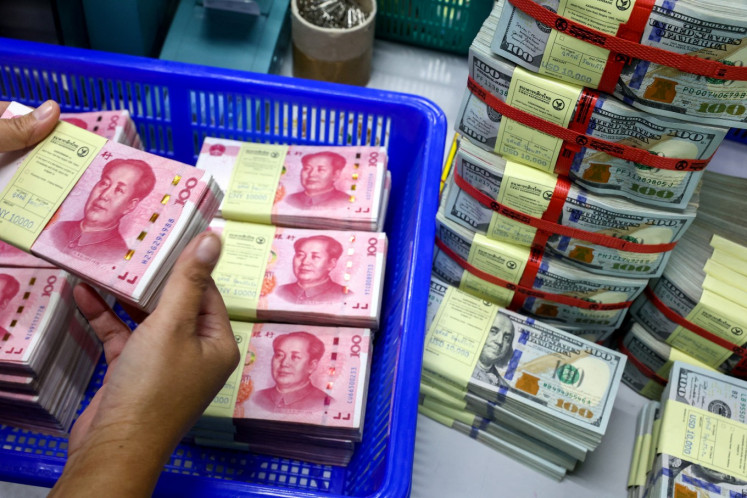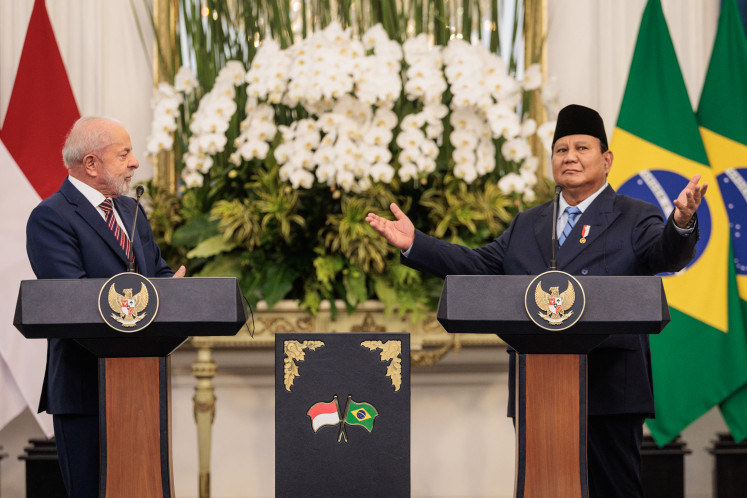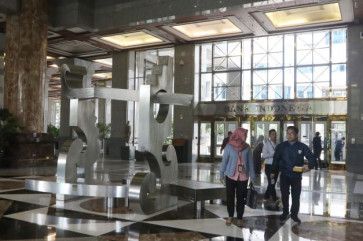Popular Reads
Top Results
Can't find what you're looking for?
View all search resultsPopular Reads
Top Results
Can't find what you're looking for?
View all search resultsHow coolheaded central bankers curb the heightening inflation
Sharp increases in oil and food prices recently have created supply shocks driving policy rate hikes in many countries.
Change text size
Gift Premium Articles
to Anyone
A
man who needs a heart transplant consults his doctor. Says the doctor, “I can give you the heart of a five-year-old boy.” “Too young.” “How about that of a 40-year-old investment banker?” “They don’t have a heart.” “A seventy-five-year-old central banker?” “I’ll take it.” “Why?” “It’s never been used!”
The joke, conveyed by then-president of the European Central Bank Mario Draghi, is relevant today when central bankers are confronted with a dilemmatic situation in combating inflation and preserving the value of currency. It gives insight into how central bankers should be coolheaded and not crack under pressure in enacting monetary policy through one of three stances.
An accommodative stance is taken to stimulate economic growth by adding money supply and reducing the interest rate or keeping it low. During the economic contraction due to the COVID-19 pandemic, this stance generally has been taken by central banks worldwide.
A neutral stance is performed when the economy grows and heightens inflationary pressures. Post-pandemic, when the economy recovers and inflation starts rising, central banks can keep or change the policy rate.
A tightening stance is taken to reduce persistently high inflation due to demand or supply shocks. Sharp increases in oil and food prices recently have created supply shocks driving policy rate hikes in many countries. The United States Federal Reserve raised its rates and so did the central banks of the eurozone, the United Kingdom, Australia, New Zealand, Singapore, the Philippines, Malaysia and other banks.
Monetary policy considers the inflation triangle: core, demand-pull and cost-push. Core inflation indicates price movements excluding fluctuating-price goods like volatile foods and energy (incorporated in the headline inflation). It is the inertial rate of inflation that tends to be stable until shocked by economic forces of demand and supply. Demand-pull inflation happens due to excess demand in the economy, while cost-push inflation occurs when rising costs cause producers to raise prices and workers to demand higher wages, subsequently transmitted from one sector to another. Demand inflation describes how inflation starts; cost inflation explains why inflation, when it starts, is so difficult to stop and elevate core inflation.
A classic case of inflation spiraling and a coolheaded central banker acting was when Paul Volcker chaired the Fed in the early 1980s. US inflation was persistently high in the 1970s, aggravated by the demand shock of wages rise and supply shock of skyrocketing oil prices due to the 1973-1974 Arab oil embargo as well as geopolitical instability during the Vietnam war and 1979 Iranian revolution.

